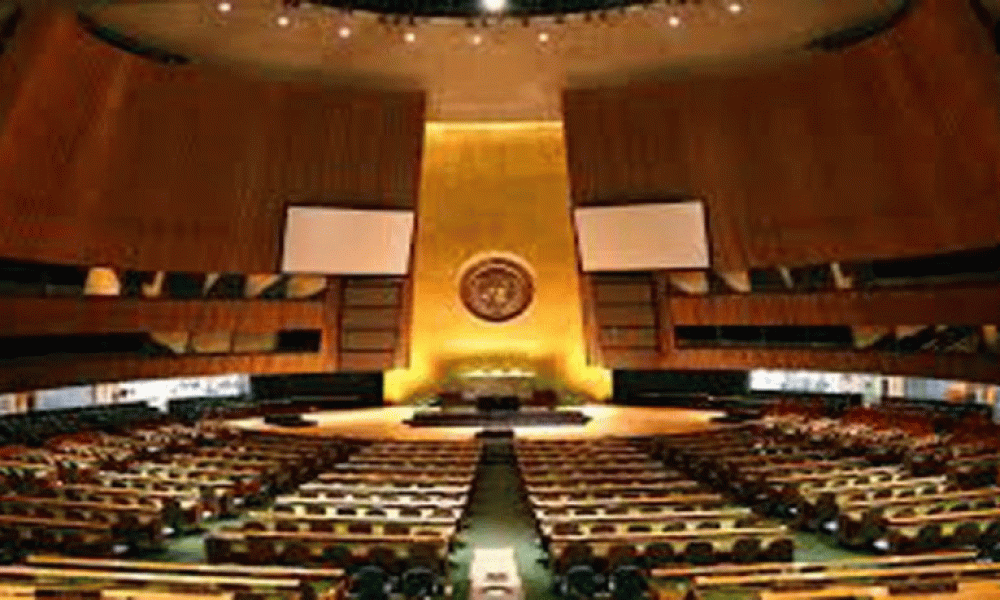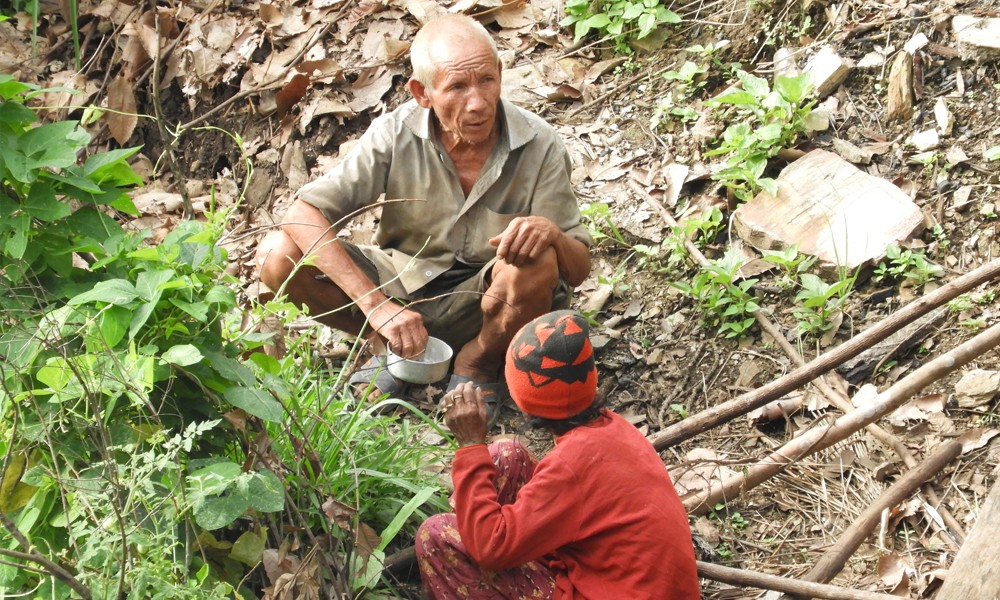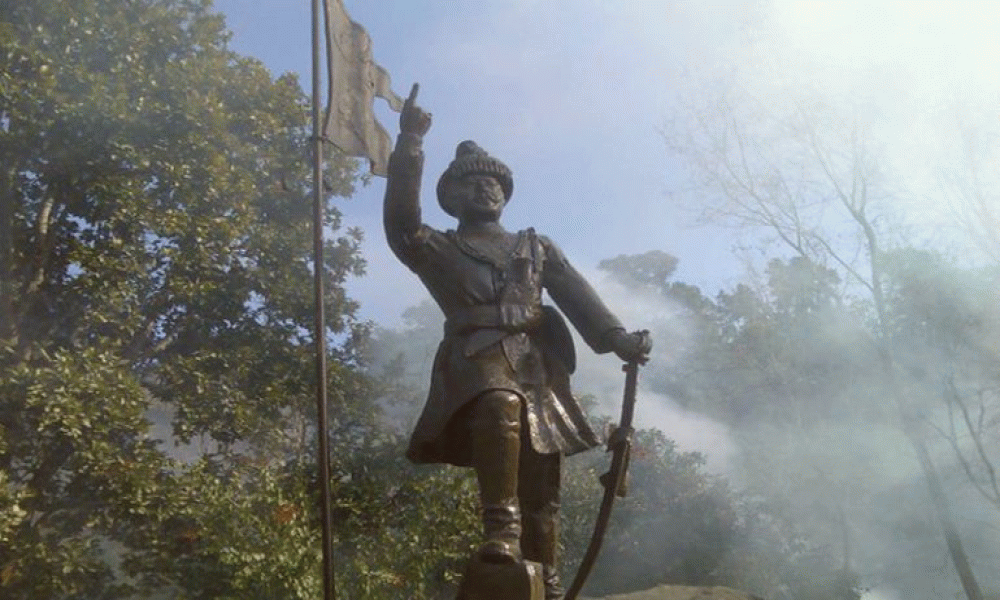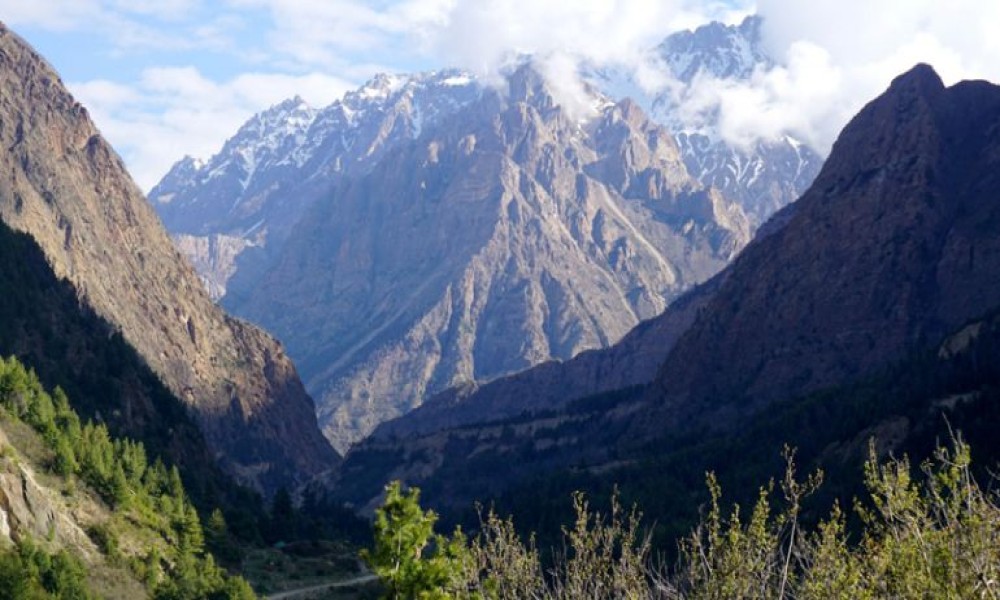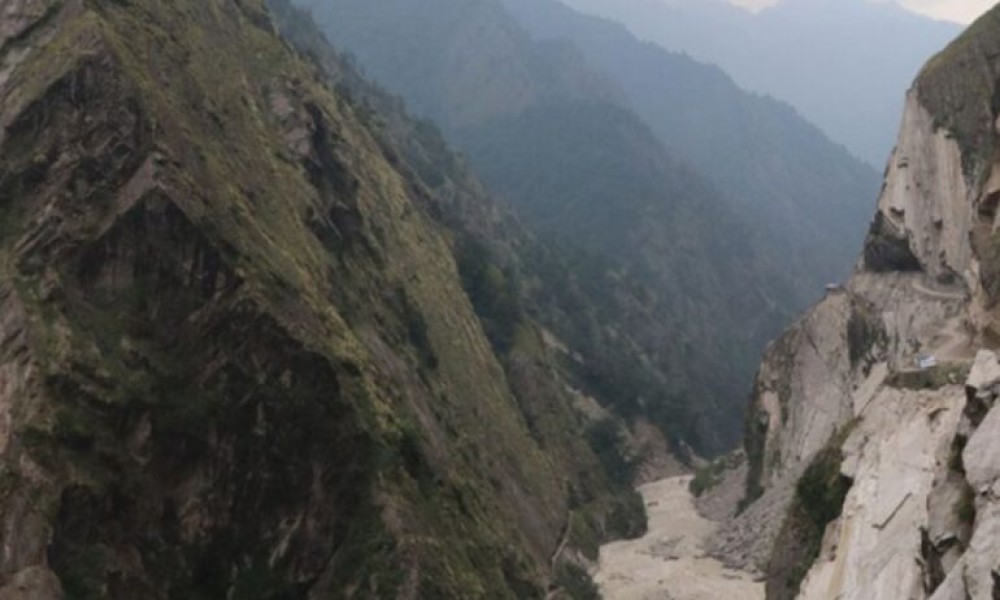As supply of essential commodities, most importantly fuel, stops coming from India, Nepal feels like it is being chocked. Hundreds of containers laden with petrol, diesel, aviation fuel and cooking gas are stranded across the border, and Nepal is being increasingly unable to cope with the worst fuel crisis in the last 25 years.
Nepali people, through social networking sites, are complaining that Nepal's Deputy Prime Minister Prakash Man Singh, who recently attended the United Nations General Assembly, failed to strongly raise the issue of the Indian embargo at such an important forum. The UNGA is certainly a forum where a country raises political and diplomatic issues. An embargo is both a political and diplomatic issue. So the UNGA was the best forum for Singh to inform the international community about the crisis that has crippled Nepal for the last two weeks.
Nepali people, through social networking sites, are complaining that Nepal's Deputy Prime Minister Prakash Man Singh, who recently attended the United Nations General Assembly, failed to strongly raise the issue of the Indian embargo at such an important forum.
But what is equally, or even more, important is to find out what Nepal has suffered is really an economic blockade imposed by India. Is disruption in the supply a technical issue? Or it is a well-planned embargo? India has denied imposing a blockade and says the disruption is because of political unrest in Nepal's plains area. And Nepal's own communications minister Minendra Rijal has reportedly dismissed reports of blockade.
So it was not easy for Singh to overtly accuse India of blocking supplies to Nepal at the UNGA. Rather than India's claim, Rijal's statement made things worse. But Nepal still had other options. One option would be to raise the issue through the UN mission. But no effort has so far been taken to that direction.
The international community, most importantly India and the UN, has not heartily welcomed Nepal's new constitution. The world is concerned about mobilization of the army to promulgate the new constitution.
The UN is well aware that 45 people lost their lives in the days leading up to promulgation of Nepal's new constitution
The UN is well aware that 45 people lost their lives in the days leading up to promulgation of Nepal's new constitution. Writing Nepal's new constitution was the most important part of a peace process to which the UN offered its help by setting up the Office of the High Commissioner for Human Rights (OHCHR). But when OHCHR supported the cause of human rights of Madhesi and Indigenous People, the political establishment and the mainstream media created tremendous pressure against the UN mission. As a result, the OHCHR left Nepal. But the UN knows well about how the Nepali state has discriminated against Indigenous People and Madhesi.
Nepal's Indigenous People could not participate in the constitution making process in accordance with the international principles of participation. The UN committee that oversees rights of Indigenous People has already submitted several reports between 2009 and 2012 about this. So the UN is aware about the fact that Nepal's constitution was written by a syndicate of parties. The UN has even recommended that Nepal form a separate committee to ensure that Indigenous People's rights are addressed. But the state has not acted based on that recommendation.
Nepal's Indigenous People could not participate in the constitution making process in accordance with the international principles of participation. The UN committee that oversees rights of Indigenous People has already submitted several reports between 2009 and 2012 about this.
The UN committee has warned that a constitution without participation of indigenous people and Madhesi will be counter-productive. But the state has never been serious about it. There has been a strike in the Tarai for 50 days. Madhesi and Indigenous People have clear demands: implement the past agreements reached with them. But the political elites in Kathmandu are trying to dub dissenters as anti-national.
We need a nationalism that unites Madhesis, Janajatis and Dalits with Kathmandu. The single ethnicity nationalism is dangerous for the country. The new constitution could well be the basis of such strong nationalism. But the political elites squandered this opportunity, and issued a racist constitution. The new constitution cannot be progressive if it is not inclusive. But the new constitution has been drafted in a way that it will guarantee 90 per cent of Khas Arya people in state organs at the cost of alienating other communities.
In this situation, how can Nepal face the international community? Merely talking aloud about blockade will not help.



